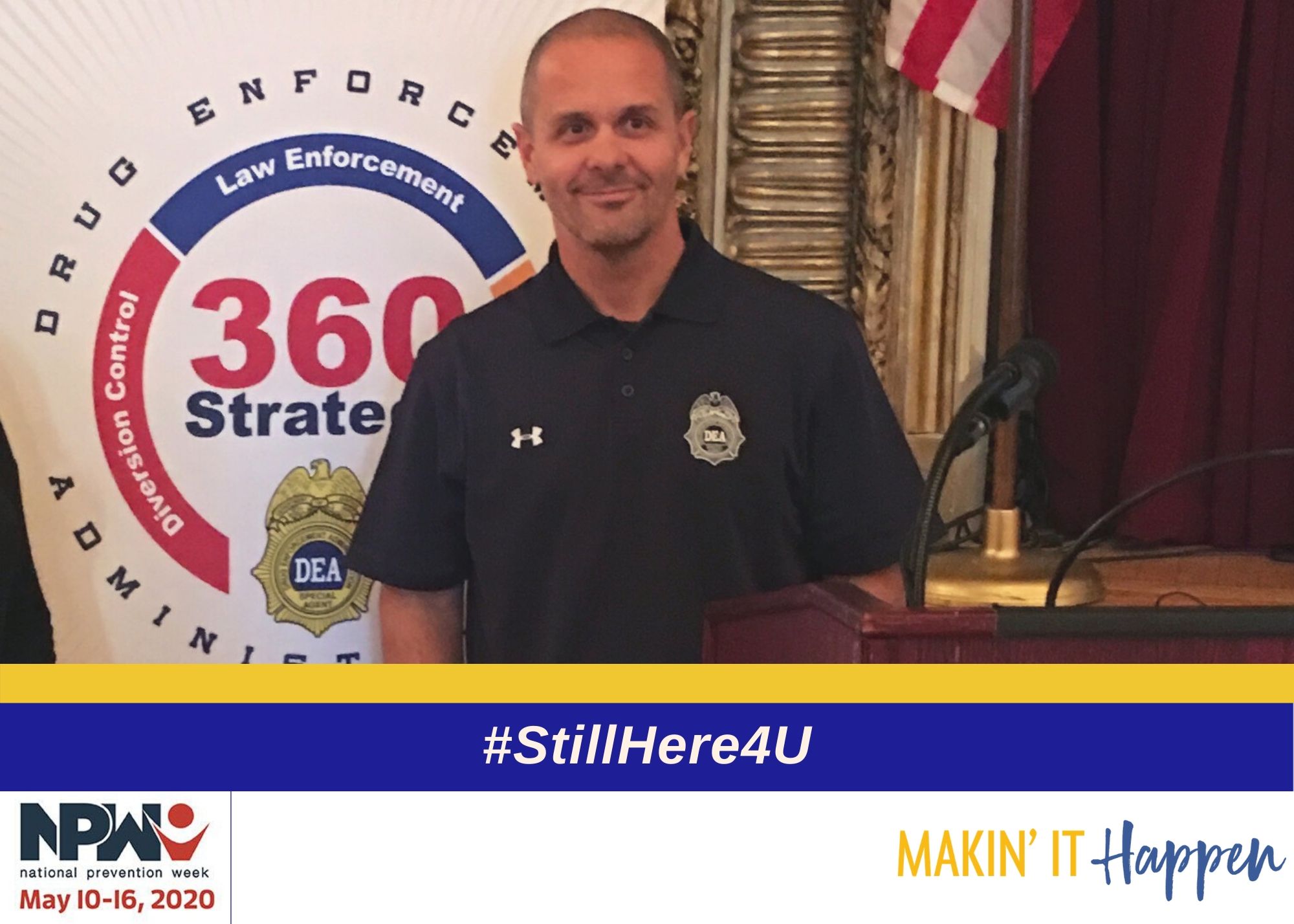Preventing Prescription Drug and Opioid Misuse
By Jon DeLena, the Associate Special Agent in Charge, Drug Enforcement Administration’s New England division
I appreciate the opportunity to contribute to such an important topic, especially at a time when our ability to connect and communicate face-to-face has been so disrupted by COVID-19. I have been in law enforcement for 28 years, most of which has been spent with the United States Drug Enforcement Administration (DEA). I have held many positions and have been assigned to various DEA offices throughout the United States as well as international temporary assignments. Presently, I lead DEA’s operations in Massachusetts, Connecticut, Rhode Island, New Hampshire, Maine and Vermont. Over the last four years, since being stationed in New England, I have truly dedicated my efforts to the area of opioid abuse prevention and education for both law enforcement and the community at large. I have been fortunate enough to have made numerous public appearances on behalf of DEA, speaking on the topic of youth prevention, opioids, and the effect this crisis has had on law enforcement in particular. I had oversight of the DEA 360 New Hampshire Program which was a impactful effort to reduce the harmful effects of opioids in the greater Manchester, NH region. I was part of a team which organized the largest ever Youth Summit on Opioids which was attended by over 8,500 New Hampshire students and live-streamed and viewed by more than 35,000 people across the country. The then-Attorney General of the United States, Jeff, attended and called the event the “beginning of a National movement.” The sustainability of the DEA 360 Manchester program has proven itself through the numerous coalitions and youth groups developed and maintained from this effort.
As a leader in the world’s preeminent drug enforcement law enforcement agency, I can say with certainty that the drug trafficking organizations responsible for manufacturing and importing this deadly poison have only continued to increase their efforts. They have never been, nor will they ever be, moved by the death and destruction they cause; they are simply motivated by greed, and that will never change. DEA’s efforts in the New England region has grown exponentially as a result of this crisis. We have added resources, and continue to target the command and control elements of these violent drug trafficking organizations, who work closely to spread their illicit product through our neighborhoods. The opioid crisis has ripped apart our communities, and sadly, affected many people with whom I have developed relationships through my profession. From a very young age, I experienced the pain that families face as a result of addiction. This has helped guide and motivate me in my own personal journey, and helped me dedicate my efforts to stop this crisis.
Overcoming the opioid crisis and dismantling the drug traffickers responsible for distributing the illegal substances is not be something that one agency can do alone. It will truly take a team approach, and that is why DEA has worked so closely with our law enforcement and prevention partners to help educate our young and vulnerable to the dangers of opioid abuse. We must work together to connect with as many community members as we can with the education and information they need to make healthy decisions. We must also uplift and empower our young people to be upstanders in this fight and not just bystanders. I have heard first hand from so many of New Hampshire’s youth leaders that they want to be part of the solution. We must seize upon that opportunity to stand shoulder to shoulder with these motivated teens as we spread the critical message of prevention, and in turn the message of hope.
To learn more about the DEA visit www.dea.gov.



